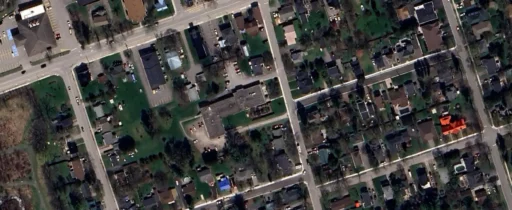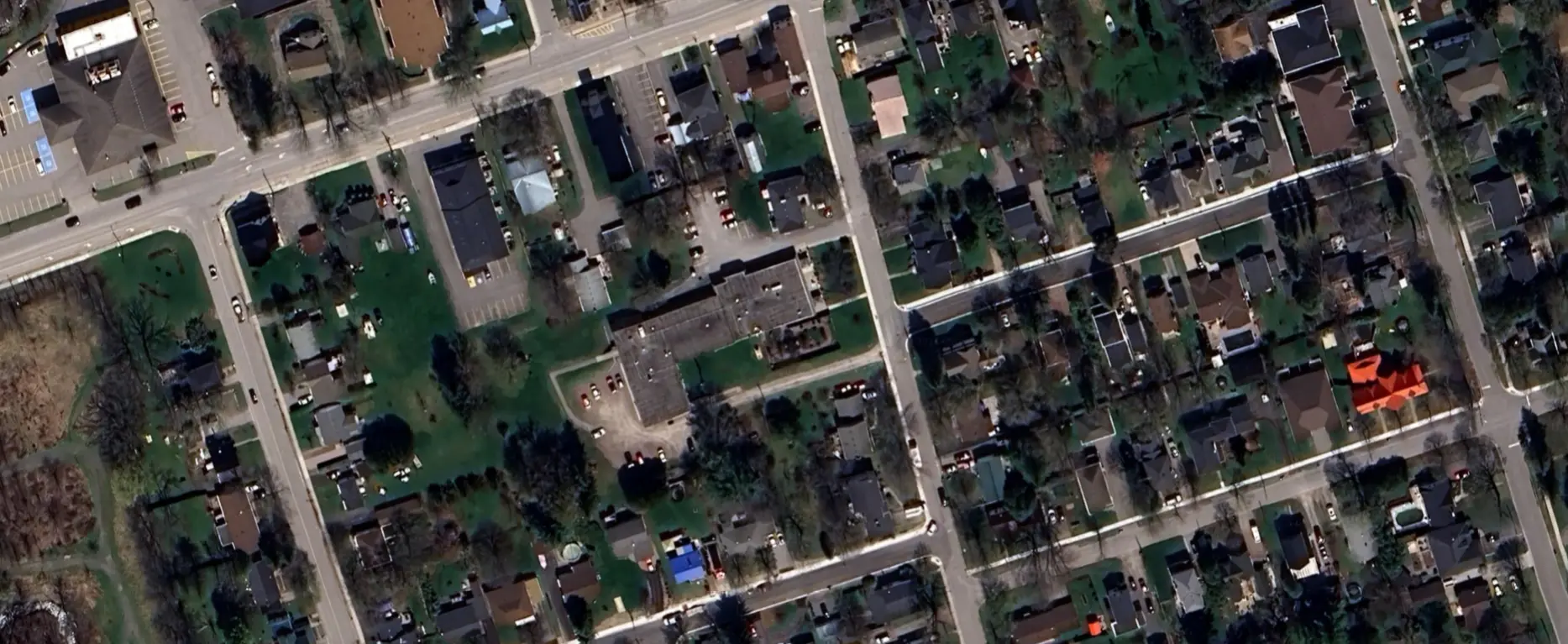Maplewood (12 Maplewood Avenue, Brighton) is operated by OMNI Health Care. It has a capacity of approximately 50 beds.
Maplewood offers long-term care and specialized services for individuals with dementia or Alzheimer’s disease.
July 2023 ✅
There were no findings of non-compliance. The report was completed by Carrie Deline.
May 2023 🔎
The inspection, led by Carrie Deline and supported by Polly Gray-Pattemore, took place from May 1 to 4, 2023. It scrutinized multiple issues, including missing controlled substances, environmental hazards like flooding, medication incidents involving residents, an unexpected death, and improper care leading to a resident’s injury.
One significant finding was the non-compliance in implementing a resident’s care plan. Specifically, the report highlighted an incident where a resident, who required assistance from two staff members for transfers, was moved by only one staff member, contrary to the care plan.
November 2021 ✅
The purpose of this inspection was to conduct a Critical Incident System
inspection. There were no findings of non-compliance. The report was completed by Karyn Wood.
September 2020 🔎
This critical incident system inspection, led by Karyn Wood, reviewed incidents of falls resulting in significant changes in residents’ conditions, allegations of staff-to-resident abuse, and an improper transfer of a resident.
The findings revealed non-compliance issues, particularly regarding safe transferring techniques. A specific case was noted where Personal Support Worker #102 failed to use safe transferring techniques while assisting a resident, leading to the resident being lowered to the floor.
February 2020 🚨
This critical incident system inspection, led by Karyn Wood, addressed a range of critical incidents. These incidents included a medication error, falls resulting in injuries, and allegations of resident-to-resident abuse.
The findings revealed several instances of non-compliance, leading to the issuance of written notifications (WN) and requests for Voluntary Plans of Correction (VPC). Specifically, the report highlighted two major areas of non-compliance:
- Fall Prevention Non-Compliance: The licensee failed to adhere to a resident’s plan of care concerning fall prevention. This lapse resulted in multiple falls for a resident who was at high risk, with necessary fall prevention interventions not being in place as per the care plan.
- Medication Administration Non-Compliance: There was a failure in ensuring that medication was administered strictly as prescribed. Ten residents received incorrect medications, which was a significant deviation from their prescribed medical treatments.
December 2019 🚨
This critical incident system inspection, led by Kelly Burns, examined incidents related to falls causing significant injuries and changes in residents’ health conditions.
- Plan of Care: The licensee failed to provide clear directions in the plan of care, particularly regarding falls prevention measures and use of safety devices. This non-compliance resulted in various incidents where residents at risk of falls did not have appropriate safety measures in place.
- Administration of Drugs: There was a failure in ensuring that medication administration adhered strictly to prescriptions, which is a critical aspect of resident care.
- Use of Equipment: The report noted that equipment, supplies, and assistive aids were not always used in accordance with the manufacturers’ instructions, particularly concerning safety devices for fall prevention.
- Transferring and Positioning Techniques: The inspection found that safe transferring and positioning techniques were not consistently used when assisting residents, which is essential for preventing injuries.
May 2019 🚨
This critical incident system inspection, conducted by inspectors Susan Donnan and Cathi Ker, was aimed at evaluating specific incidents, including hospitalizations, medication issues, and alleged resident-to-resident abuse.
The inspectors found non-compliances in certain areas, resulting in the issuance of a Written Notification (WN) and a request for a Voluntary Plan of Correction (VPC).
The primary area of non-compliance concerned the reporting of critical incidents. Specifically, the licensee failed to inform the Director within one business day after incidents that caused significant changes in residents’ health conditions and led to hospitalizations. This lapse was noted in the cases of two residents, identified as #006 and #007, who sustained injuries resulting in notable changes in their health conditions and subsequent hospitalizations. The incidents were reported late, violating the required one-business-day notification period.
January 2019 🔎
This critical incident system inspection, conducted by Karyn Wood, focused on the process of discharging a resident.
- Failure to Consider Alternatives Before Discharge: The licensee did not ensure that alternatives to discharge were considered and tried where appropriate.
- Lack of Collaboration in Making Alternative Arrangements: There was a failure to collaborate effectively with the appropriate placement coordinator and other health service organizations in making alternative arrangements for the resident’s accommodation, care, and secure environment.
- Inadequate Communication and Participation in Discharge Planning: The resident and their substitute decision-maker were not adequately kept informed and given an opportunity to participate in the discharge planning process. Their wishes were not sufficiently considered.
- Deficiency in Providing Written Notice: The licensee failed to provide a detailed written notice to the resident and their substitute decision-maker explaining the justification for the discharge decision.

